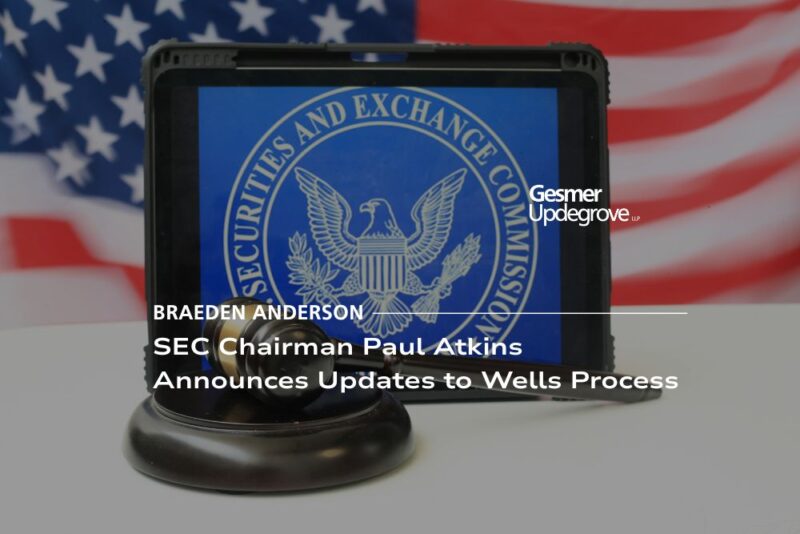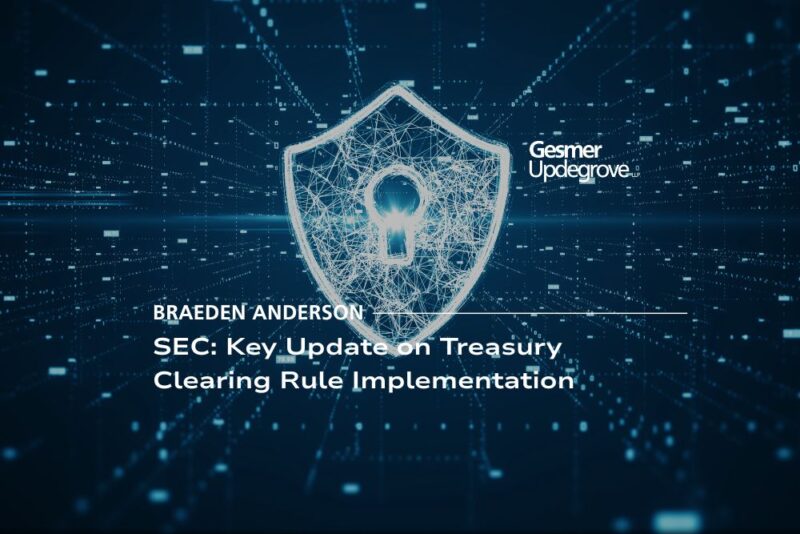Imagine selling stock in a corporation for several million dollars and paying exactly $0 of federal income tax. Sound too good to be true? While such an outcome seems like fantasy or even an illicit tax scheme, it is completely legal and even encouraged under Internal Revenue Code Section 1202. Entrepreneurs and other investors who hold stock in a “qualified small business” for more than five years can exempt up to $10 million of capital gain from federal income tax. But to qualify for this powerful tax exemption, several detailed rules must be followed. Below are some common questions relating to qualified small business stock.
What types of companies qualify?
To be a qualified small business (“QSB”), the company must be formed as a C corporation for federal income tax purposes. If a company is first formed as an LLC/partnership or an S corporation, it will not be eligible for QSB treatment until it is converted to a C corporation, and that is the date on which the 5-year holding period will begin.
What constitutes a QSB?
In general terms, a QSB is any C corporation that:
- Has gross assets of under $50 million at the time of stock issuance; and
- Is engaged in an active “qualified trade or business”, defined as any business except those in the fields of health, law, engineering, architecture, accounting, actuarial science, performing arts, consulting, athletics, financial services, brokerage services, banking, insurance, hospitality, or most personal services businesses.
If I have a QSB, does all the stock automatically constitute Qualified Small Busines stock?
No. Qualified small business stock must be “originally issued” by the corporation in exchange for cash, property (not including other stock), or services performed. While this rule seems relatively straightforward, it can get tripped up if the company has redeemed a material amount of stock from shareholders, as such shares may, in some cases, not be treated as originally issued when issued again to new shareholders.
After 5 years, what happens if the company’s assets, rather than stock, are acquired?
The benefits of QSB stock are not available in the case of an asset sale. The QSB stock itself must be sold or exchanged for the tax benefit to materialize.
Reach out below to talk through your Qualified Small Business Stock with Aaron Kriss
How much gain is potentially excludable?
Each taxpayer can exclude up to $10 million of capital gain from the sale of QSB stock. This limitation is on a per-taxpayer basis and is a lifetime amount (i.e., if an investor claims a $6 million exemption from a sale of QSB stock in 2021, they will have $4 million of exemption remaining for any future sales of other QSB stock).
If my company is acquired in a merger or other tax-free transaction, can I still take advantage of the QSB stock regime?
Potentially yes. When QSB stock is exchanged for other stock in a tax-free reorganization, the newly acquired stock will generally retain QSB stock status, even if the acquired corporation is not itself a QSB. The amount of “converted” QSB stock is generally limited to the amount of gain that would have been realized had the QSB stock been sold in a taxable transaction.
What if I sell my Qualified Small Business Stock before the 5-year holding period has been satisfied?
If QSB stock is sold before the 5-year holding period has expired, the stockholder will recognize capital gain or loss on the sale. If the stock was held for more than 1 year, the gain will be taxed at the lower long-term capital gains rate. All of this gain is subject to tax. However, this tax can be deferred if the taxpayer elects, under Section 1045, to roll over the gain into a new QSB within 60 days of the sale. A Section 1045 rollover is beyond the scope of this article but can be a useful tool in minimizing taxes if an exit presents itself within 5 years of the initial stock acquisition.
Are the Qualified Small Business stock rules likely to change in the future?
Section 1202 has been modified significantly over the years. Prior to 2009, the gain exclusion was limited to 50% of the gain recognized in the sale of QSB stock. This percentage was raised to 75% in 2009, and then to 100% for all years thereafter. Recently, discussions in Congress have included the concept of limiting or even eliminating the QSB stock rules. While the fate of those bills remains unknown, it appears possible that the QSB stock regime will be altered in the coming years. We will continue to keep our clients and followers updated on any developments in this area.
Check out some of our latest publications.
- PREDICTION MARKETS, SPORTSBOOKS, AND SELIG’S CFTC: A JURISDICTIONAL INFLECTION POINT

- SEC CHAIR OUTLINES PLAN TO BRING CLARITY TO DIGITAL ASSET OVERSIGHT

- CRYPTO TAX: YEAR-IN-REVIEW

- SEC Chairman Paul Atkins Announces Updates to Wells Process

- SEC Policy Update: Coordinated Review of Settlements and Waivers Restored

- SEC Provides Key Update on Treasury Clearing Rule Implementation

